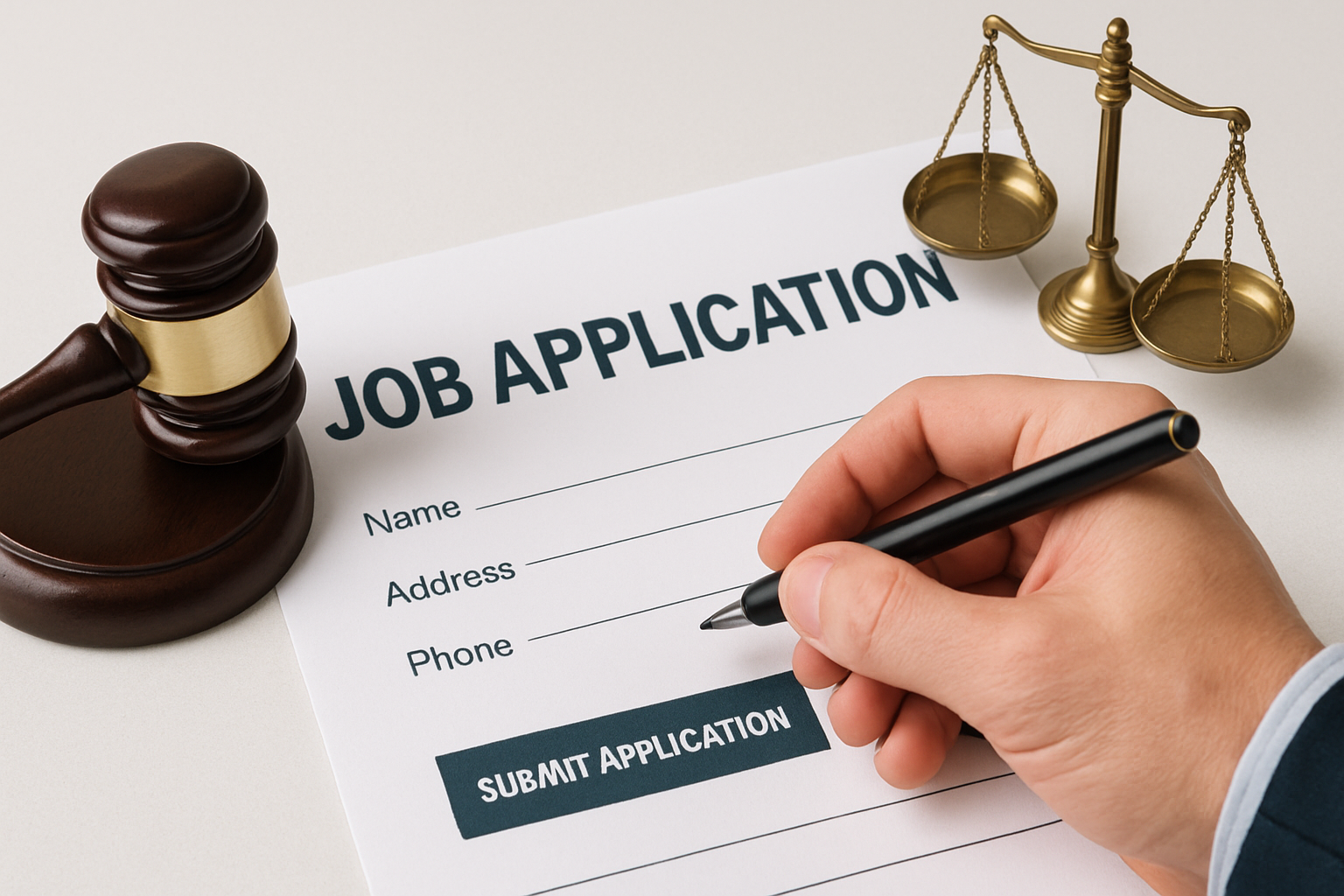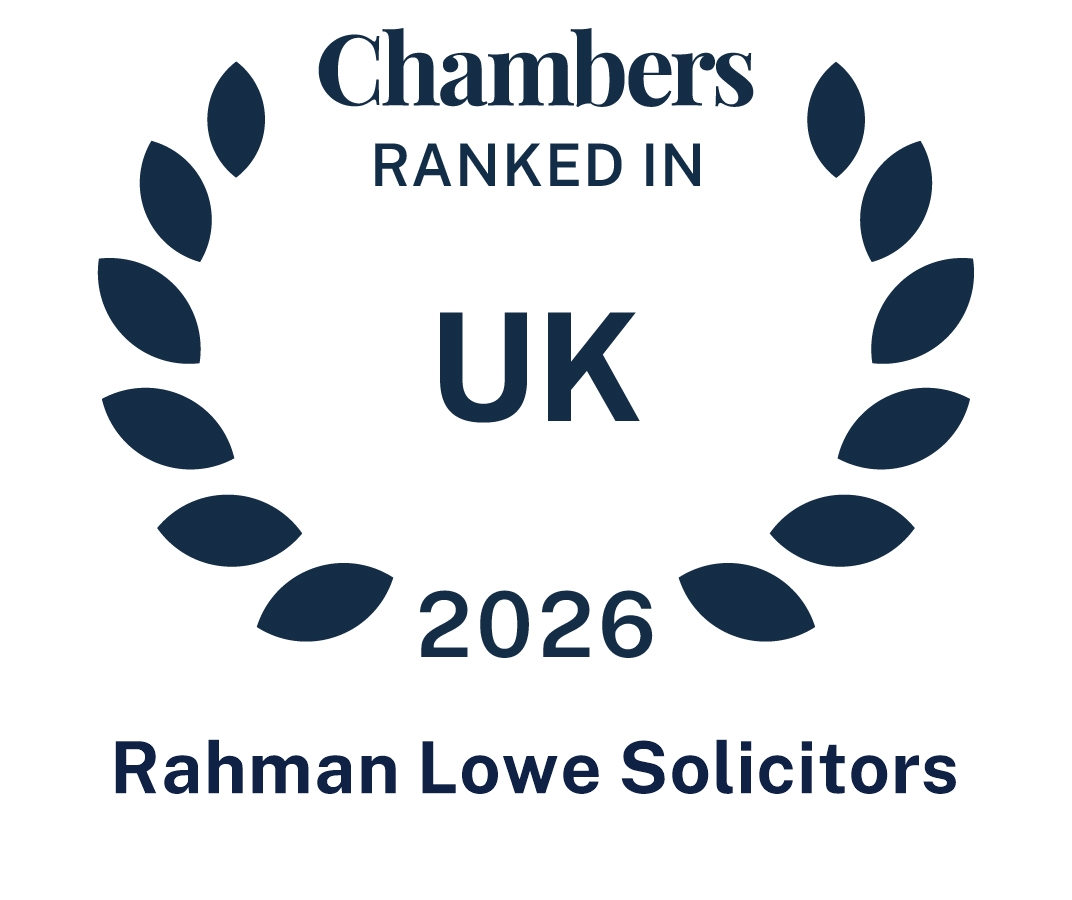Do job applicants have whistleblower protection? Sullivan -v- Isle of Wight Council [2024] EAT 3

In February this year, we wrote about the top upcoming employment law judgments to keep an eye out for in 2025.
One of those cases was Sullivan -v- Isle of Wight Council [2024] EAT 3 which was heard by the Court of Appeal (“CoA”) on 19 and 20 February 2025.
On 3 April 2025, the CoA handed down its Judgment.
Background
Miss Sullivan was unsuccessful in two job applications at the Isle of Wight Council.
Three months after the second rejection, Miss Sullivan made a protected disclosure concerning the conduct of one of her interview panel members in relation to financial irregularities connected with a separate charitable trust. The Council responded to her complaint, dismissed it but failed to offer her an opportunity to appeal.
Miss Sullivan presented a claim to the Employment Tribunal (“ET”) asserting that as a job applicant, she had been subjected to detriment with respect to the Council’s failure to offer her an opportunity to appeal on the ground that she had made protected public interest disclosures.
Section 47B of the Employment Rights Act 1996 (“ERA”) protects workers against suffering detrimental treatment on the grounds that they have made a protected disclosure. s.49B ERA extends that protection to NHS job applicants, even in circumstances whereby the protected disclosure does not relate to patient safety.
The ET determined that it lacked jurisdiction to hear Miss Sullivan’s claim because she was not an employee or a worker.
On appeal to the Employment Appeal Tribunal (“EAT”), Miss Sullivan accepted that she was not a worker and therefore could not be afforded protection as a whistleblower, however, she sought to argue that this lack of protection contravened her rights under the European Convention on Human Rights (“ECHR”) with respect to her right to free speech in accordance with Article 10, and the right not to be discriminated against on the basis of some “other status” as set out in Article 14. The EAT dismissed her appeal.
Miss Sullivan appealed the EAT’s decision to the CoA.
Court of Appeal’s Decision
Unanimously dismissing Miss Sullivan’s appeal, the CoA concluded that the relevant provisions of the ERA are compatible with Article 14 and Article 10.
Lord Justice Lewis concluded stating that “an applicant for a job, is not in a materially analogous position to workers, or applicants for work or posts with NHS employers” who are afforded protection against whistleblowing detriment pursuant to s.49B ERA 1996.
Agreeing with LJ Lewis, Lord Justice Underhill further stated that “I believe that the differences of treatment between (to put it broadly) non-NHS applicants for employment on the one hand and workers and NHS applicants on the other do represent a proportionate means of achieving a legitimate end, even if they are to be treated as being in an analogous position.”
The CoA were keen not to interpret the provisions relating to whistleblower protection wider than what Parliament had intended. They stated that it was clear that Parliament had taken a considered decision to limit the scope of the protection available to workers and applicants for work or posts with an NHS employer only. This refers to the change that took place in 2015 which afforded whistleblower protection to applicants in the NHS to improve the culture of the service and better protect patient safety.
The current ruling risks discouraging potential whistleblowers, suggesting that legal protections only apply while you’re employed, leaving future employers free to reject you solely because you once dared to raise concerns. The Employment Rights Bill however which is currently going through Parliament, may present an opportunity to debate this matter further to ensure that all applicants are offered the necessary protection.
For further information or to discuss a potential employment law or discrimination claim, please contact our specialist employment solicitors on 0207 3950 5234 or info@rllaw.co.uk. We are ranked as a ‘Leading Firm’ in the Legal 500 and Chambers and Partners independent guides to the UK Legal Profession.
7 May 2025.



